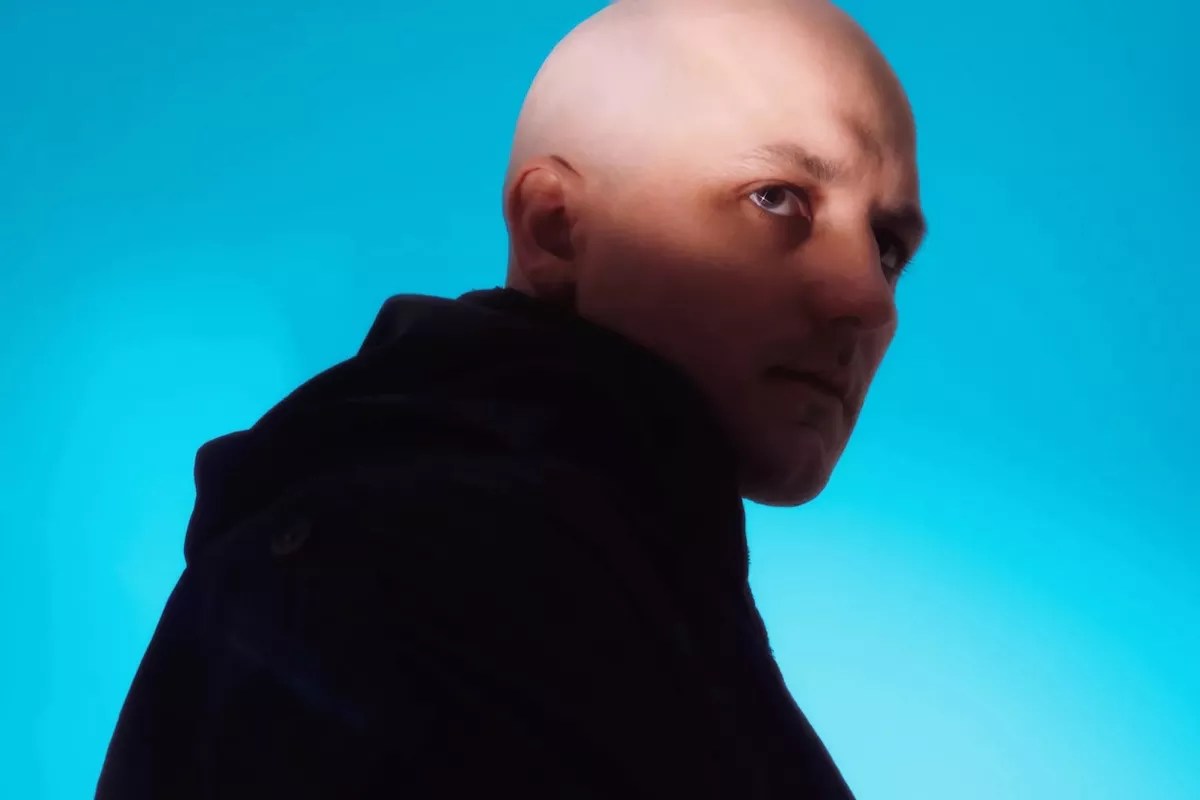
Photo by Samuel Pasquier

Audio By Carbonatix
It’s October, and Canadian producer Jacques Greene is again in Miami for III Points. It’s become a regular gig for him, having played at the festival for the last 12 years. Before that, he was spinning at the now-closed midtown lounge Bardot, where he and then-Bardot talent buyer and III Points cofounder David Sinopoli bonded.
“Miami is an endlessly fascinating place,” Greene tells New Times from his Toronto home. “I’m happy I came through it by places like Bardot. There is a legitimate dance culture that inspires weirdos and freaks there. For me, being able to return so often has had a real concrete and positive impact on DJing – learning how to play different rooms and approaching it with the right head on your shoulders.”
Greene began producing and DJing in the late 2010s, quickly building a name for himself in his native Montreal and online. In 2017, he released his debut album, Feel Infinite, an 11-track offering that melded different electronic music genres. The title track has an indie-pop quality with vibrant synth work and an off-kilter beat. By contrast, “Dundas Collapse” borrows a page from British producer Burial’s playbook, falling somewhere between heady rhythms and ambient pads.
He kept up this approach on 2019’s Dawn Chorus, which features bits and pieces of hip-hop, acid, and synth-pop. His last full-length album was 2021’s ANTH01, with Greene releasing several singles, remixes, and EPs in the meantime.
Greene’s sound is so versatile that he can deliver a set of warm house beats or drop the temperature with frosty techno rhythms. It’s a trick Greene can pull off while sounding authentically himself.
“I think I came into production via hip-hop producers before finding electronic labels like Warp and Ninja Tune,” he recalls. “The predominant sound in high school was late-career 50 Cent and Dr. Dre, as well as Timbaland and the Neptunes. I think artists like Pharrell, who put themselves into their music videos, had a really interesting effect on us.” For him, it was the first time he saw the producer front and center, rather than the artist, in a music video. “I think seeing that made me think, Wait! We can be that guy?“
At the beginning of his career, Greene’s sound was made up of bootlegged Neptune drum kits and a smattering of R&B samples. He also found inspiration in his own backyard, with 2010s Montreal being a hotbed of indie-rock acts and electronic music producers.
“I think a part of my musical DNA, aside from the house and R&B stuff, is Montreal music. It still has a musical landscape, like our huge indie scene,” Greene says. “We all went to the same parties, and cross-pollution happened. I think the first hardware synth I had was one from the keyboard player of Wolf Parade.”
For his upcoming fourth album, set for release sometime in 2025, the producer is looking inward and at the Montreal music scene for inspiration.
“I wasn’t sure if I was ready to go full album mode yet,” Greene confesses, “but now there is enough distance from the last albums, and while I was still having fun doing singles, I felt that I had the emotional fortitude of going through an album campaign and not being exhausted by it.”
For Greene, it was the right time to start working on a new album. It’s been five years since the pandemic thwarted the promotion cycle for his sophomore album.
“The pandemic occurred five months after Dawn Chorus came out. It was horrible for an insane amount of reasons, but specifically for the life of that record,” he explains.
Naturally, there was no tour in support of the album, leaving Greene feeling that his work would largely be ignored by fans who didn’t have the chance to hear it in a live setting. “But something interesting happened once we re-emerged, and I think that record came from a place of being outside of the club. I think a lot of people spent a lot of time with it being stuck at home.”
His debut album, Feel Infinite, turns eight in 2025, which Greene admits fills him with a mix of excitement, anxiety, love, and optimism.
“It’s been some rewarding moments, and it’s also a hamster wheel of making a live show, going on the road, and making a record, but I think the big step has been becoming more collaborative,” Greene shares. “After a decade of making music by myself, I’m seeing again that there is beauty in sharing the creative process with someone else.”